Disillusioned with "eating" according to the plan
After a period of dancing, land plots "following" planning have lost their appeal. Many landowners have had to reduce selling prices, or accept losses to "get rid of their goods".
However, most current investors are cash owners, highly vigilant, and carefully research the market before "putting money down". Therefore, it is not easy for landowners to reduce prices or cut losses.
Spending more than 7 billion VND to buy 2 plots of land in Me Linh district to "follow" the Ring Road 4 project in the capital region, but up to now, Mr. Tran Van Hanh has not been able to "get rid of the goods". Mr. Hanh said that he bought the 2 plots of land around the end of 2022 - at that time, the Ring Road 4 project only had planning information.
"The real estate market was quite vibrant at that time and the expectation of profit from anticipating the planning made me decide to invest," said Mr. Hanh. However, when 2022 came, the real estate market fell into a state of stagnation, causing Mr. Hanh's expectations to collapse.
"My income has decreased, the bank loan of more than 3 billion VND out of the total capital of 7 billion VND invested in 2 plots of land has become a financial burden. At the beginning of the year, I decided to sell the 2 plots of land to recover capital and "escape" debt, but until now there are still no buyers," Mr. Hanh said, affirming that the selling price of the 2 plots of land has cut a loss of more than 1 billion VND compared to the time of purchase.
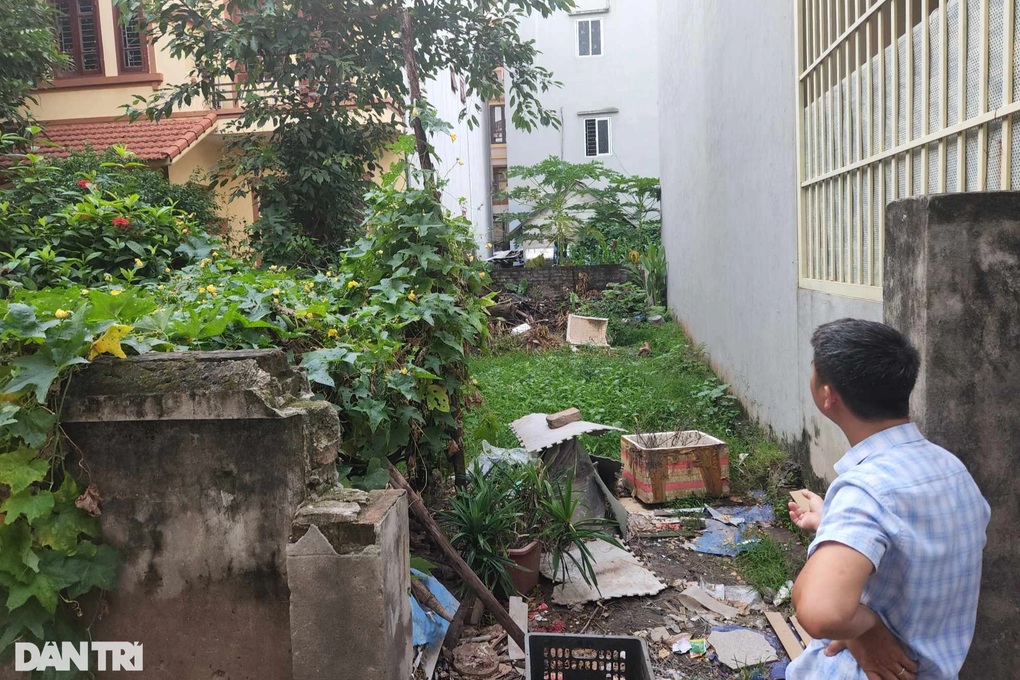
Investors wait for the planning "wave" to sell at a loss (Illustration: Ha Phong).
In addition to Mr. Hanh, many other real estate investors also admit that investing according to planning has the opportunity to make good profits but also has many potential risks.
For the Ring Road 4 project, the planning and implementation progress are good, but the time to invest according to this planning is right during the "land fever". The price that investors buy is high, leading to low liquidity and more difficulties when the market "deflates".
Similarly, many investors who expect to "profit" from the Red River zoning plan are facing a "dilemma". To invest in this plan, many investors accept to buy land in the suburbs at high prices, making it difficult to "sell off" at this time.
Investors are expecting that the implementation of the planning project will create a new "wave", making the liquidity of real estate products according to this planning better.
Be careful when using financial leverage
According to Mr. Nguyen Vinh - owner of a real estate trading floor in Me Linh district (Hanoi), investing in infrastructure planning is a popular investment method because of the great benefits it brings. However, investors need to consider, especially when using financial leverage because not all investors are capable of "eating" according to it.
Mr. Vinh also admitted that the recent "land fever" occurred in areas with planning information or infrastructure investment being implemented. This situation passed quickly, causing many investors to "run aground".
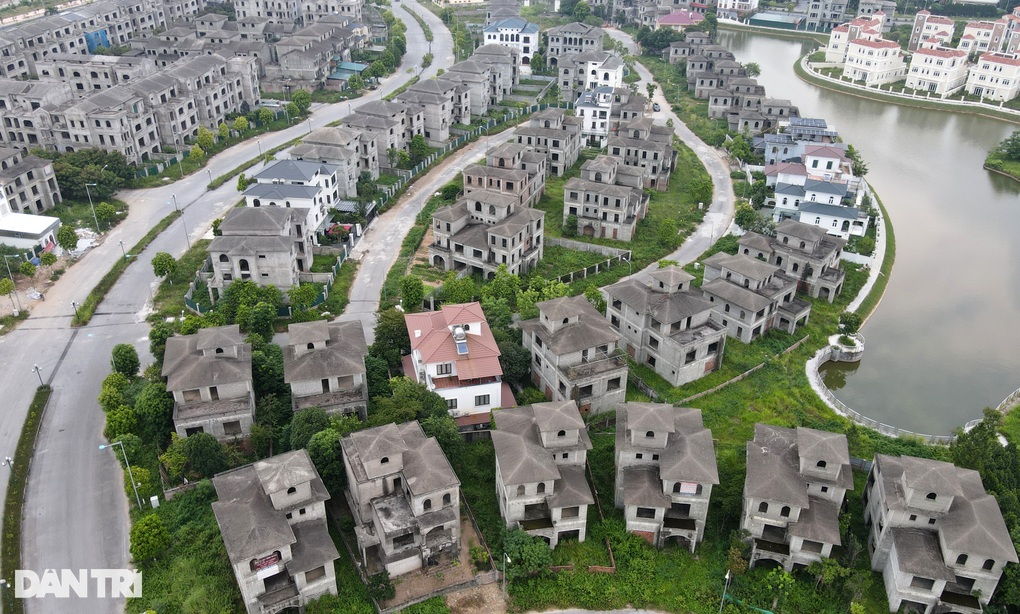
A series of villas in the urban area in the west of Hanoi have been abandoned for decades (Illustration photo: Ha Phong).
According to real estate experts, sellers need to proactively reduce real prices instead of just cutting virtual losses. The discount also needs to be deeper to convince buyers to "put down money" in the context of hesitant buyers.
Mr. Nguyen Van Dinh - Chairman of the Vietnam Real Estate Brokers Association - said that newly built and expanded transport infrastructure really brings great value to neighboring real estate. However, the implementation of these infrastructure projects must be long-term.
"Information about the overheating and "land fever" is just a trick of the "drivers" to create market waves. Investors need to be very careful, learn carefully about the market, understand the planning and liquidity to avoid the risk of burying capital," Mr. Dinh warned.
Source


![[Photo] Prime Minister Pham Minh Chinh meets with the Policy Advisory Council on Private Economic Development](https://vphoto.vietnam.vn/thumb/1200x675/vietnam/resource/IMAGE/2025/5/8/387da60b85cc489ab2aed8442fc3b14a)
![[Photo] General Secretary concludes visit to Azerbaijan, departs for visit to Russian Federation](https://vphoto.vietnam.vn/thumb/1200x675/vietnam/resource/IMAGE/2025/5/8/7a135ad280314b66917ad278ce0e26fa)


![[Photo] President Luong Cuong presents the decision to appoint Deputy Head of the Office of the President](https://vphoto.vietnam.vn/thumb/1200x675/vietnam/resource/IMAGE/2025/5/8/501f8ee192f3476ab9f7579c57b423ad)
![[Photo] National Assembly Chairman Tran Thanh Man chairs the meeting of the Subcommittee on Documents of the First National Assembly Party Congress](https://vphoto.vietnam.vn/thumb/1200x675/vietnam/resource/IMAGE/2025/5/8/72b19a73d94a4affab411fd8c87f4f8d)


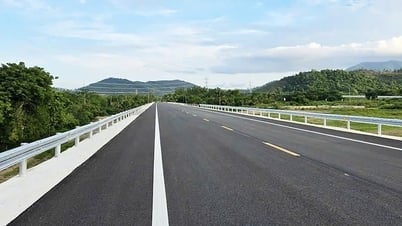

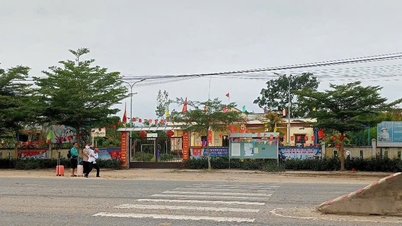




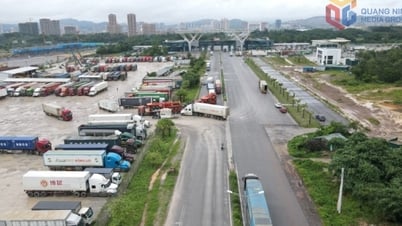


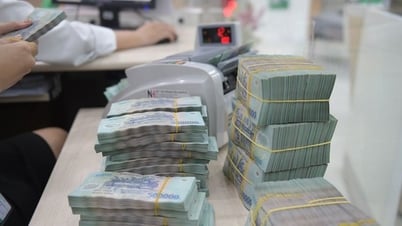

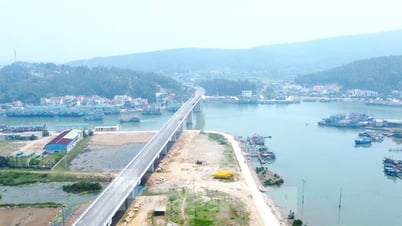










































![[Photo] Prime Minister Pham Minh Chinh talks on the phone with Singaporean Prime Minister Lawrence Wong](https://vphoto.vietnam.vn/thumb/402x226/vietnam/resource/IMAGE/2025/5/8/e2eab082d9bc4fc4a360b28fa0ab94de)














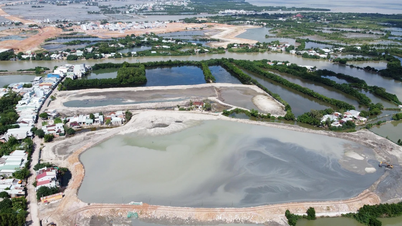



















Comment (0)